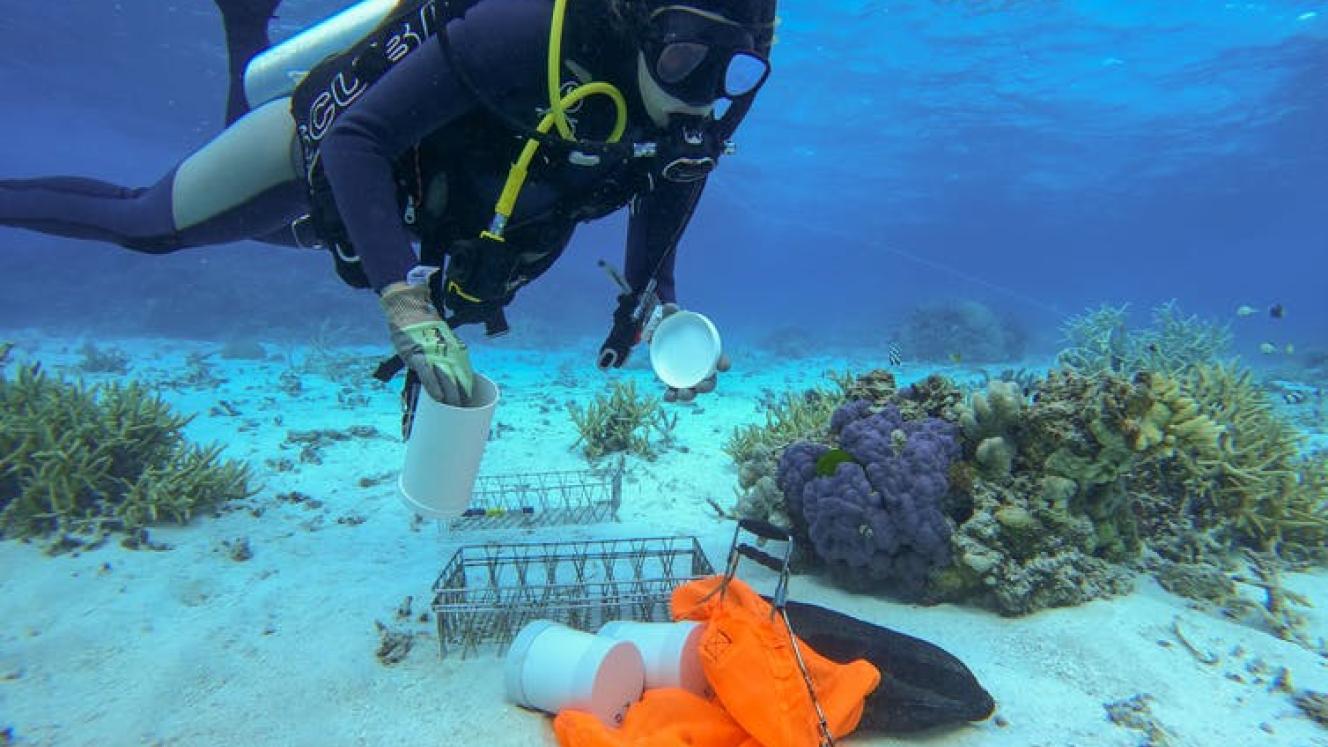Scientists predict that up to 90% of tropical coral reefs will be severely damaged, even if we manage to stop the planet warming beyond 1,5℃ this century.
But now there’s finally some good news for the Great Barrier Reef.
In 2020, the Australian federal government announced the Reef Restoration and Adaptation Programme, which aims to help coral reefs adapt to the effects of warming oceans.
It included research and development funding into 35 cutting-edge technologies that could be deployed at large scale, from cloud brightening to seeding reefs with heat-tolerant corals.
Now, two years into the effort, scientists have witnessed a number of breakthroughs that bring renewed hope for the reef’s future.
These breakthroughs include the acceleration of the natural adaptation of several coral species to warmer temperatures, allowing them to survive up to an additional four weeks of 1℃ excess heat stress. Researchers believe a total of eight weeks of 1℃ excess heat stress can be achieved.
They have also developed novel seeding devices that allow mass delivery of juvenile corals to reefs in a way that enhances their survival rate, paving the way for larger field trials.
The research team stressed that what’s needed for the continued recovery of the Reef, is ongoing, active management through scientific interventions, alongside rapid, enormous cuts to global greenhouse gas emissions.
For more information on the Reef Restoration Programme, find the original story here













